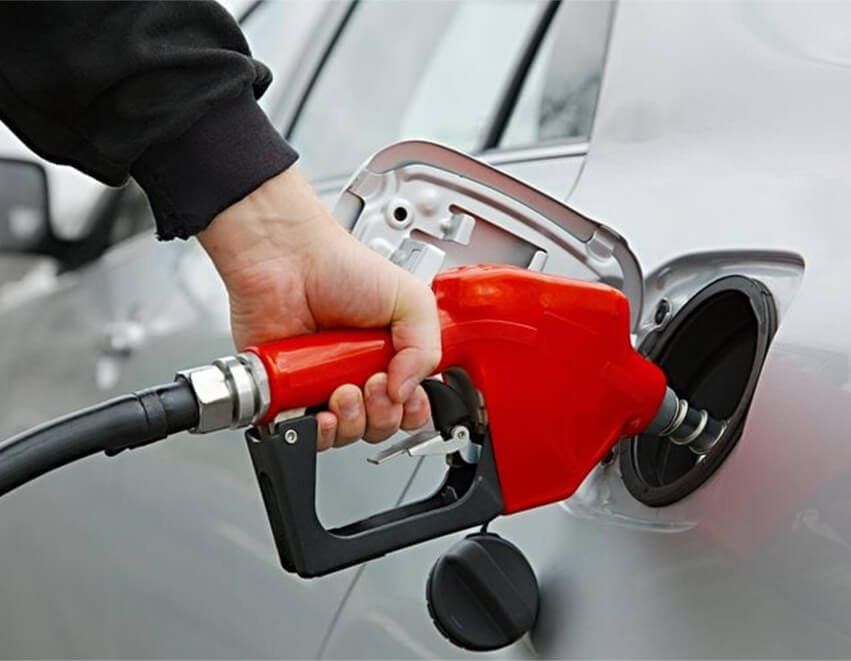Precision and efficiency are important in industries that heavily rely on machinery and engines. One crucial component in these sectors is the fuel flow meter, a device designed to measure the flow rate of fuel in various applications. This article explores the inner workings of a fuel flow meter and how this essential tool operates. […]
Precision and efficiency are important in industries that heavily rely on machinery and engines. One crucial component in these sectors is the fuel flow meter, a device designed to measure the flow rate of fuel in various applications.
This article explores the inner workings of a fuel flow meter and how this essential tool operates.
A fuel flow meter is a device used to measure the quantity of fuel flowing through a system.
Whether in automotive, aviation, marine, or industrial settings, accurate fuel flow measurement is vital for optimizing performance, monitoring consumption, and ensuring overall efficiency.
The primary goal of a fuel flow meter is to provide real-time data on fuel usage, enabling operators to make informed decisions regarding fuel management.
Fuel flow meters operate on the principle of volumetric flow measurement, relying on the displacement or velocity of fuel to determine the quantity flowing through the system.
There are various types of fuel flow meters, each employing different mechanisms, but the common objective is to provide accurate and reliable measurements.
Positive displacement meters are one of the oldest and most reliable types of fuel flow meters. These meters use a series of chambers or gears that trap and displace a specific volume of fuel with each rotation.
As the fuel passes through these chambers, the total volume displaced corresponds directly to the amount of fuel flowing through the meter. Positive displacement meters are known for their accuracy and are often used in applications where precise measurements are critical.
Turbine meters operate on the principle of fluid flowing through a turbine wheel, causing it to spin. The rotational speed of the turbine is directly proportional to the flow rate of the fuel.
By measuring the speed of the turbine, the fuel flow meter can calculate the volume of fuel passing through the system. Turbine meters are commonly used in aviation and industrial settings due to their compact design and reliability.
Ultrasonic flow meters utilize ultrasonic waves to measure the velocity of fuel flowing through a pipe. These meters consist of transducers that send ultrasonic signals across the fuel stream.
The time it takes for the signals to travel upstream and downstream is used to calculate the velocity and, subsequently, the flow rate of the fuel. Ultrasonic flow meters are non-intrusive and suitable for a wide range of applications.
A fuel flow meter is an important tool for industries that rely on the efficient management of fuel consumption. By employing these principles of operation, these meters provide accurate and real-time data to optimize performance and enhance overall efficiency.
For more helpful tips or if you want to browse for quality equipment for transferring diesel or gasoline, visit our website or get in touch with us.




